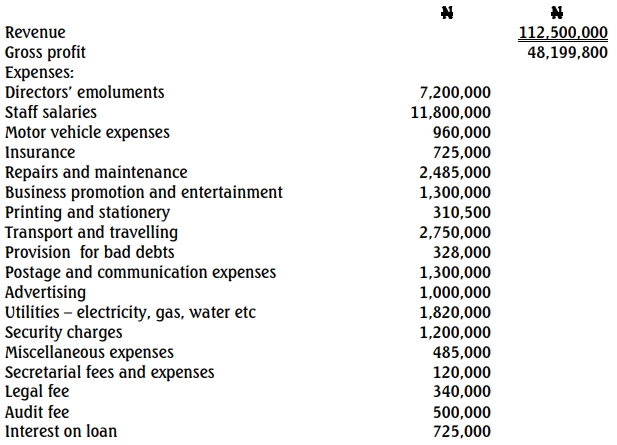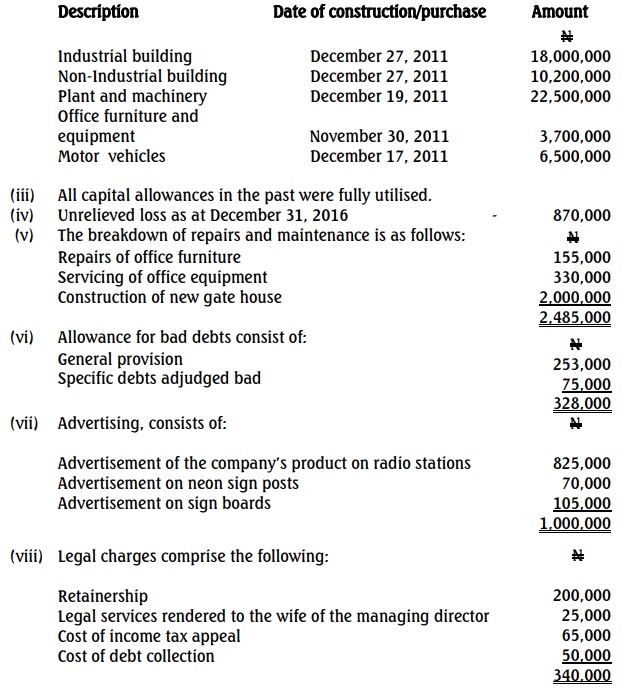- 9 Marks
AT – Nov 2024 – L3 – Q2b – Tax Implications of 100% Acquisition in Mining Operations
Explain the tax implications of a 100% acquisition and compute the gains from the acquisition.
Question
Tongo LTD (Tongo) is a mining company operating in the Upper East Region of Ghana. The following relates to the operations of Tongo for the 2023 year of assessment:
| Description | GH¢ |
|---|---|
| Revenue (Gross) | 200,000,000 |
| Cost of Operations | 80,000,000 |
| Margin/Profit | 120,000,000 |
Additional Information:
- Tempane Mines LTD acquired 100% interest in Tongo for a consideration of GH¢310,000,000 at the end of 2023.
- The cost of assets acquired at their respective acquisition dates are as follows:
| Year | Cost of Assets (GH¢) |
|---|---|
| 2020 | 100,000,000 |
| 2021 | 75,000,000 |
| 2023 | 50,000,000 |
Required:
i) Explain the tax implication of the 100% acquisition.
ii) Compute the gains from the above acquisition and determine how the gains should be treated.
Find Related Questions by Tags, levels, etc.
- Tags: Acquisition, Capital Allowance, Corporate Restructuring, Deferred Tax, Mining Tax, Tax implications
- Level: Level 3
- Topic: Minerals and mining
- Series: Nov 2024
Report an error




